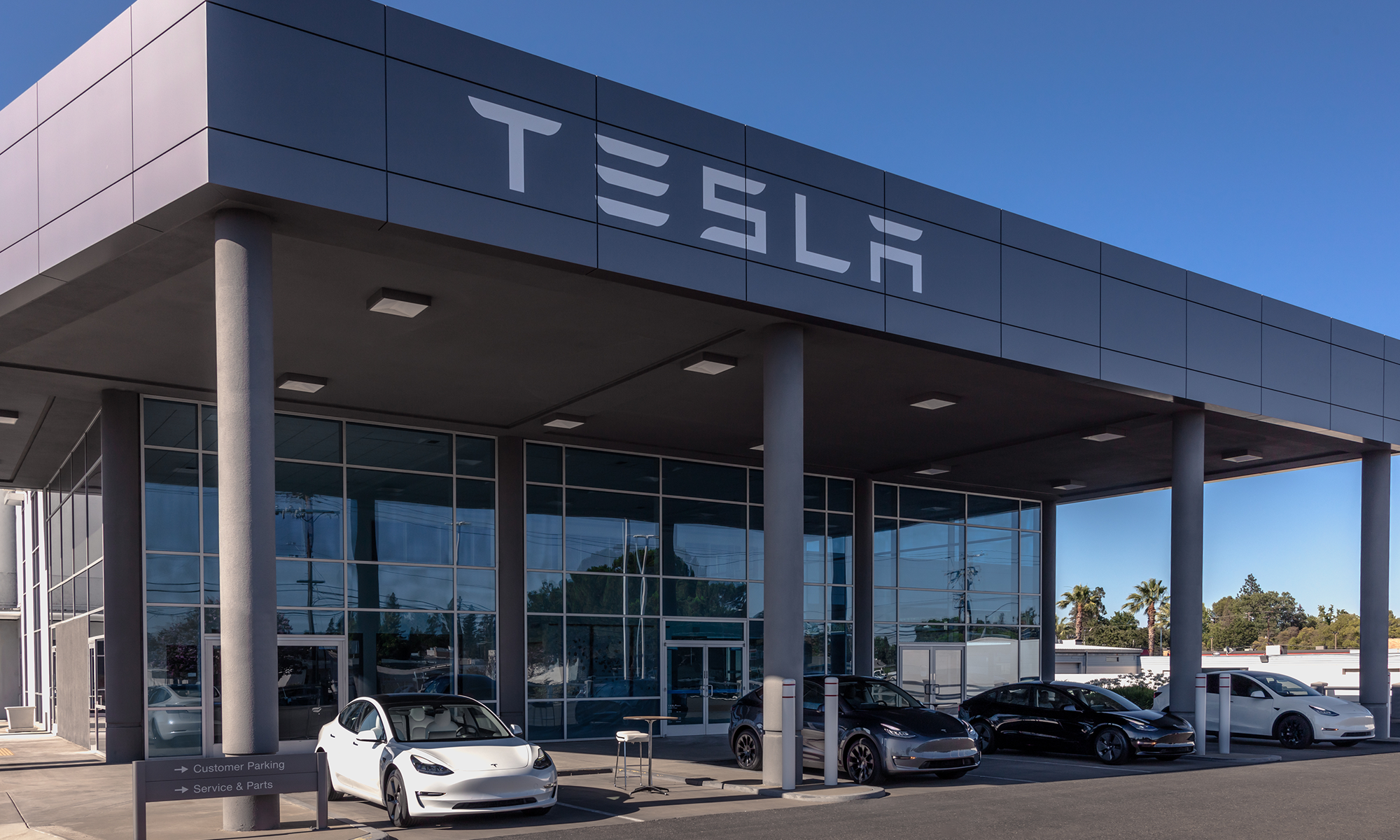Brand value can be an extremely valuable asset to companies, but it's also one that's incredibly difficult to put a firm figure on. Consider a company like Tesla (TSLA +2.84%), for example. It brought electric vehicles (EVs) into the mainstream, and in the process built its brand image around boldness, futurism, and even luxury-like standards.
But 2025 hasn't exactly been kind to Tesla due to a whirlwind of negative developments connected both to the company's products and its CEO, Elon Musk. Just how unkind the past year has been was made clear via a recent brand value report.
Why do brands matter?
Corporate metrics like revenue growth, compound annual growth rate, and price-to-earnings ratio are among a seemingly endless list of business-related figures that are fairly straightforward to calculate. It's much more difficult to put a value on a brand image, but Interbrand's Best Global Brands annual report attempts to do just that.
Before we get to the brand values and their rankings, let's consider why they are important for investors at all.
A strong brand can generate increased loyalty as it builds and deepens an emotional connection to consumers that leads to repeat purchases and even word-of-mouth marketing. A great example is the extreme loyalty that many people have toward Ford Motor Company or General Motors. The two Detroit juggernauts battled tooth and nail for decades to convince customers of the superiority of their respective full-size trucks. Understandably so -- in the automotive industry, luring consumers away from their favored brands is expensive and challenging.
Many successful and long-established brands have higher perceived values -- customers believe their offerings to be of higher quality than those of their competitors, even at higher prices. Businesses with powerful global brands also have an easier time attracting top talent to work for them. All the intangible benefits of owning a strong brand help drive increased revenue and profitability, create competitive advantages, facilitate smoother product launches, and lead to more effective marketing.
With all that in mind, it's clear from this year's report that a series of issues, among them Musk's foray into politics, his many controversial public statements, intensifying competition in the EV industry, a slump in sales and profits, an aging vehicle lineup, and the Cybertruck's commercial flop, took a serious toll on Tesla once-pristine brand image.
How the rankings shake out
According to Interbrand's Best Global Brands 2025 report, the value of Tesla's brand plunged by 35% this year to $29.5 billion. Meanwhile, its expanding Chinese rival BYD popped into the top 100 for the first time with a brand valued at $8.1 billion. Still, Tesla has a recognizable brand, and it maintains a loyal (if smaller) following. It ranks 25th on the list, down substantially from its prior ranking of 12th.
"BYD is the biggest disruptor in the automotive market since Tesla came onto the scene," said Manfredi Ricca, Interbrand's global chief strategy officer, in a news release. "The product is world-class, and it has made huge strides in the European market as it looks to expand from its Asian base. However, BYD needs to be wary. This growth can't be sustained without investment in building its brand narrative."
While the top spots on the list belong to global juggernauts such as Apple, Microsoft, Amazon, and Alphabet's Google, the auto industry had several brands with strong showings.
One was Ferrari, which has a rich racing heritage and a long history of innovation with racing technology that filters down into its supercars and ultra-luxury vehicles. The company's brand value jumped by 17% to $15.4 billion (putting it in 54th place), enhancing the case for buying what is arguably the best automotive stock out there.
The top ranking automotive brand was Toyota, which checked in at No. 6, followed by Mercedes-Benz in 10th, and BMW in 14th. Honda and Hyundai checked in at 29th and 30th, respectively, followed by Audi, Volkswagen and Porsche at 52nd, 56th and 57th. Kia, a subsidiary of Hyundai, slipped in the rankings in 89th, just in front of BYD; and Range Rover, owned by Tata Motors, was at 97.
Stellantis and Detroit automakers Ford and GM failed to crack the top 100 -- a little surprising, and definitely disappointing, considering Ford put up the Blue Oval as collateral for a massive loan that helped it survive and avoid bankruptcy roughly two decades ago.

NASDAQ: TSLA
Key Data Points
What it all means
Brand strength is incredibly important for companies as they try to expand their top and bottom lines, grow their loyal consumer bases, launch new products, or raise their prices. The main thing that investors need to recognize about Tesla now is that all of the drama and disruptions of the past year have taken a very real toll on the company's once-stellar brand image. People's opinions about Tesla are souring. That's just one of many trends that the company will want to reverse.





